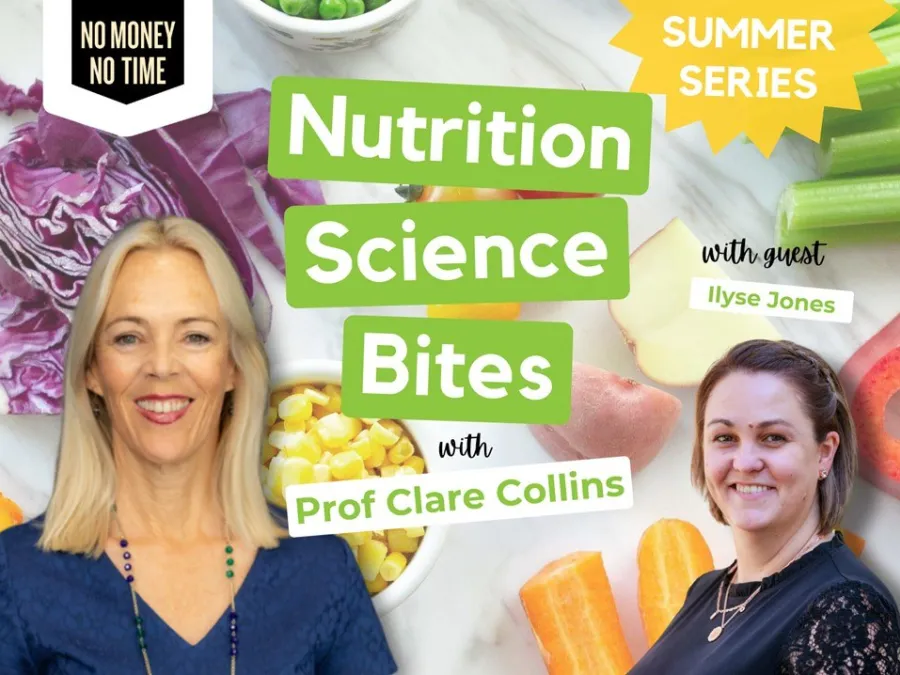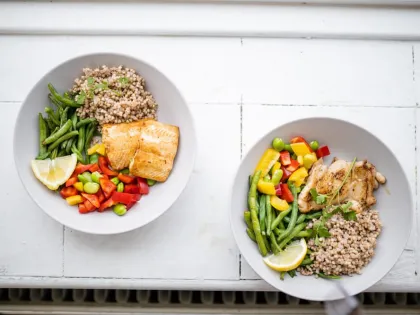In this Nutrition Science Bites episode, Prof Clare Collins and Ilyse Jones discuss the serious issue of vitamin B6 toxicity, highlighted by a case of a GP who unknowingly consumed excessive amounts through a magnesium supplement. They emphasize the importance of reading labels carefully, as many supplements contain hidden ingredients that can lead to health complications. The discussion also touches on the growing trend of supplement use and the need for professional guidance when considering supplementation, advocating for a diet rich in whole foods to meet nutritional needs.
Foods rich in magnesium: Nuts, wholegrains, legumes (like lentils), dark green vegetables, avocado.
Foods rich in Vitamin B6: Meat, chicken, peanuts, tofu and soy products, oats and some fortified breakfast cereals, bananas, watermelon and milk.
No Money No Time Articles:
- I don’t like fruit and vegetables so I just take a multi-vitamin instead, is that ok? No Money No Time article HERE.
- 5 Important nutrients for feeling fab! - No Money No Time article HERE.
- Links to NMNT articles on a range of supplements! HERE.
Our No Money No Time email: nmnt@newcastle.edu.au
Our Nutrition Science Bites email: nutritionsciencebites@newcastle.edu.au
- Link to the Healthy Eating Quiz HERE.
- Link to the No Money No Time closed Facebook group (be sure to take the Healthy Eating Quiz first) HERE.













